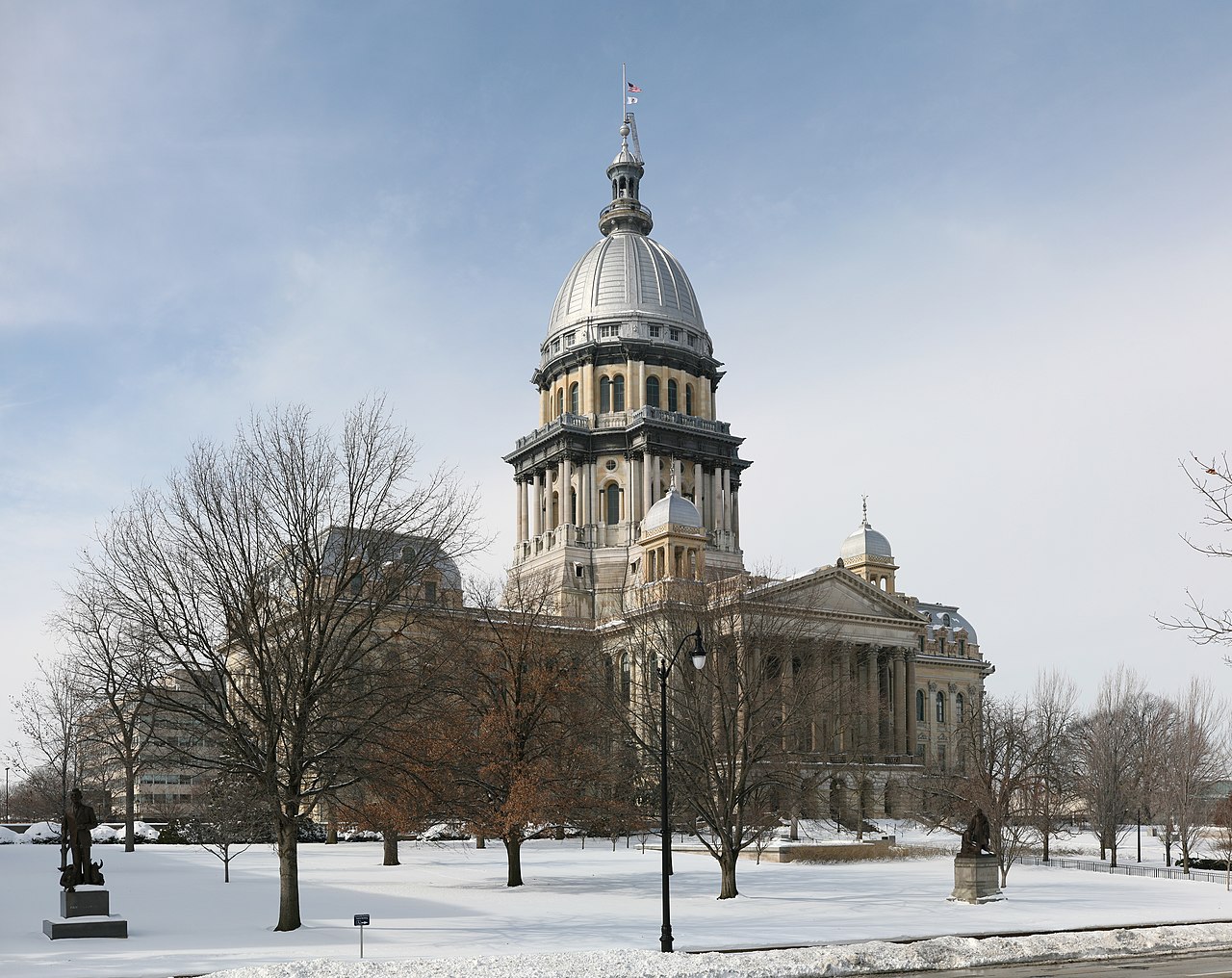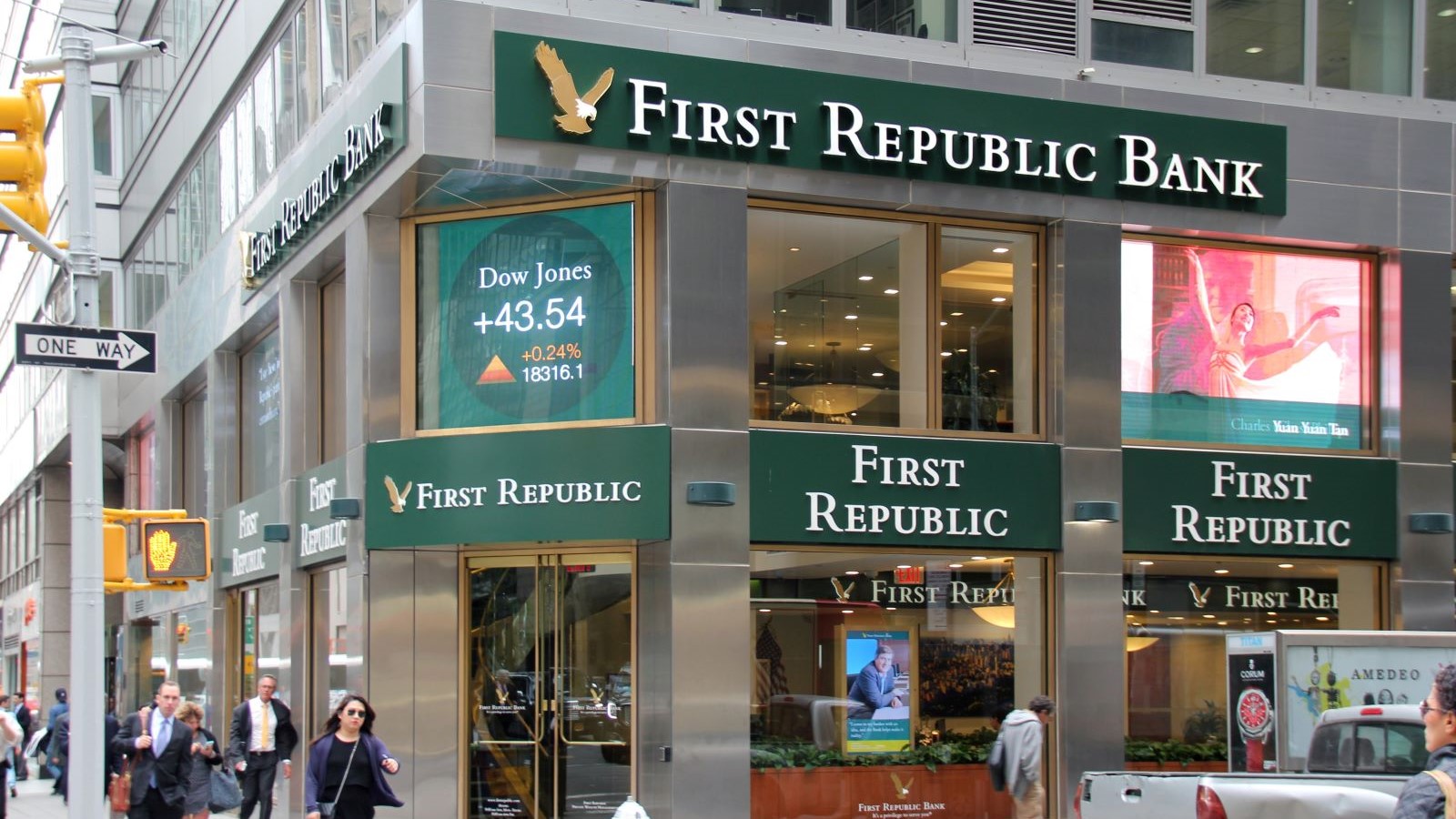
CFPB wants public input on big bank obstacle course to get customer service
CFPB director Rohit Chopra today announced a request for information about your experiences with your bank. “Customers of large banks should not have to run through an obstacle course to get a straight answer about their account. We are taking steps to ensure the legally enshrined right to obtain basic customer service.” Cover image via Flickr by Stevan Sheets, WWC Fall Family Fest, Some rights reserved.

At a town hall in Great Falls, Montana, CFPB director Rohit Chopra today announced a request for information about your experiences with your bank. “Customers of large banks should not have to run through an obstacle course to get a straight answer about their account. We are taking steps to ensure the legally enshrined right to obtain basic customer service.”
The event was part of an ongoing series of CFPB roundtables around the country. The CFPB is particularly interested in helping rural consumers who live in “banking deserts,” abandoned when the “Main Street banks pack up and leave town…when issues are instead funneled through national call centers, there is a loss of local, on-the-ground knowledge that is the basis of good customer service, and good banking,” Chopra said.
So today director Chopra reminded the nation’s biggest banks and credit unions, with over $10 billion in assets, that they have special responsibilities under the Consumer Financial Protection Act that established the Consumer Financial Protection Bureau in 2010, following the financial collapse of 2007-2008 brought on largely by big bank malfeasance.
“Section 1034(c) of the Act gives consumers the right to get information, including supporting written documentation, [from these big banks and credit unions]. “Financial institutions covered by this provision must comply with customer requests for information in a timely manner.”
When we worked on the 1996 amendments to the Fair Credit Reporting Act, Congress similarly required the recalcitrant big credit bureaus to have enough staff to answer the phone when consumers call! It’s a pretty straightforward responsibility: have enough people to answer the phone when consumers call. When, in 2000, the Federal Trade Commission investigated their failure to comply, the Big Three credit bureaus were nabbed in Operation Busy Signal and paid a combined civil penalty of $2.5 million (this was real money in the early annals of the still-meager penalties paid by credit reporting agencies).
So, I’m excited about this CFPB inquiry packing a punch to help consumers. In his remarks, Director Chopra noted that we have “transactional” banking now; no longer is there a chance to build a “relationship” with the person who opened your account, if, of course, a human, not a bot, opened your account. Worse, he said:
“And, third, more recently, many financial institutions and tech companies are shifting toward what I call algorithmic banking, which relies on using vast quantities of data about an individual through tracking and surveillance to make predictions about their behavior and banking habits.”
For many years, the banks, like the airlines, have used software to place “less-profitable” consumers at the end of that call center funnel. But the vast algorithmic information now available allows big banks to manipulate and treat consumers even worse. Director Chopra isn’t having it.
Isn’t it good to have the CFPB back on Job One and Only: protecting consumers?
The CFPB will be publishing this Request for Information in the Federal Register, opening a 30 day comment period. Consumers, of course, can always “submit a complaint with the CFPB online or by calling (855) 411-CFPB (2372).”
Topics
Authors
Ed Mierzwinski
Senior Director, Federal Consumer Program, PIRG
Ed oversees U.S. PIRG’s federal consumer program, helping to lead national efforts to improve consumer credit reporting laws, identity theft protections, product safety regulations and more. Ed is co-founder and continuing leader of the coalition, Americans For Financial Reform, which fought for the Dodd-Frank Wall Street Reform and Consumer Protection Act of 2010, including as its centerpiece the Consumer Financial Protection Bureau. He was awarded the Consumer Federation of America's Esther Peterson Consumer Service Award in 2006, Privacy International's Brandeis Award in 2003, and numerous annual "Top Lobbyist" awards from The Hill and other outlets. Ed lives in Virginia, and on weekends he enjoys biking with friends on the many local bicycle trails.
Find Out More

Our 2024 priorities in the states

A look back at what our unique network accomplished in 2023

Mastercard, don’t sell my data

